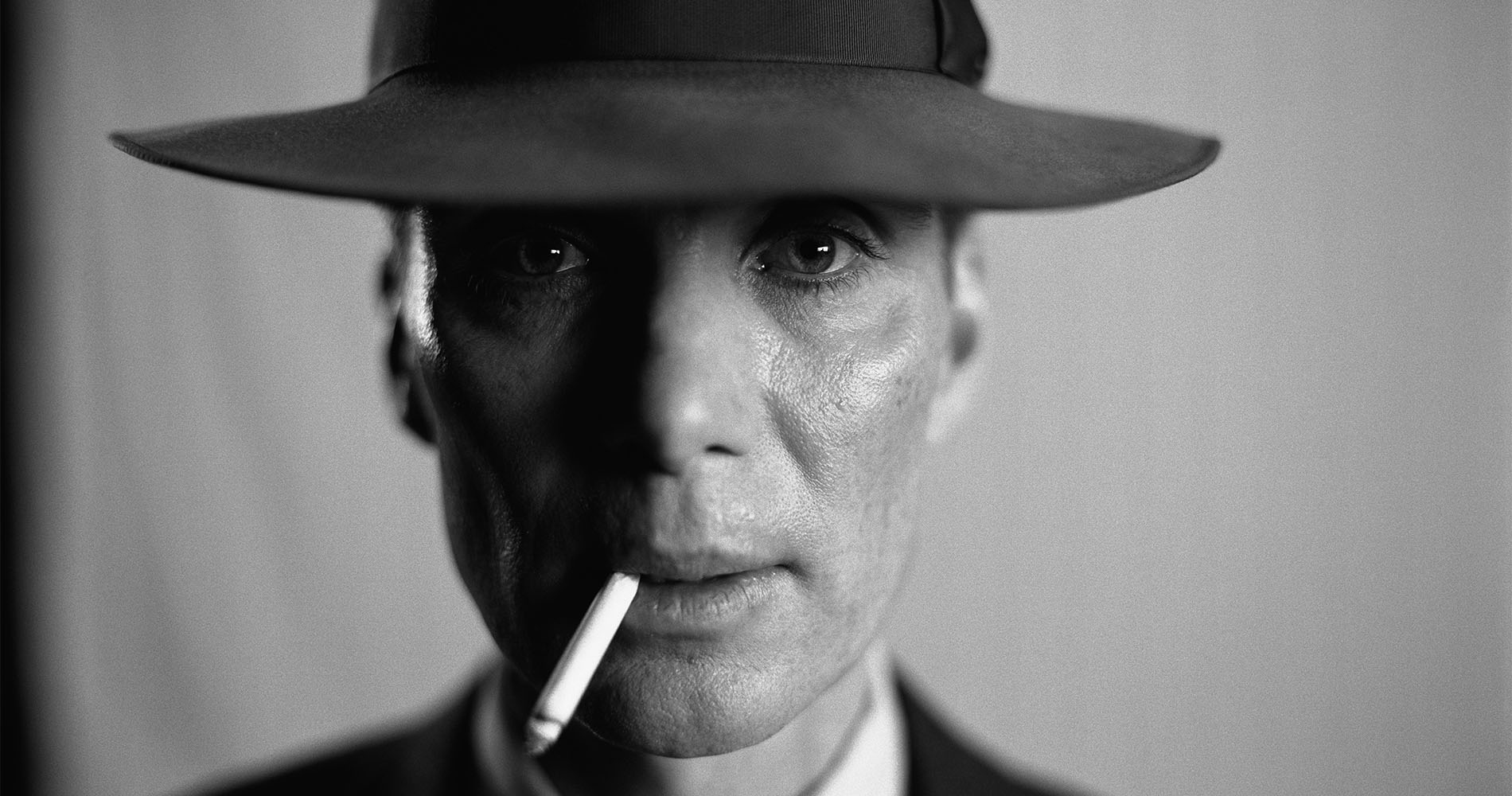
People always pontificate about the power of cinema — its ability to suspend disbelief, transport audiences and evoke raw emotions.
It's precisely that shock-and-awe effect that's on full display in director Christopher Nolan's unsettling historical drama, "Oppenheimer."
With the energy of a slow-building thermonuclear blast wave, Nolan masterfully captures the turbulent life of J. Robert Oppenheimer, an accomplished theoretical physicist who became the father of the atomic bomb, with results that range from hallucinatory to ponderous. It's a monumental achievement by perhaps our generation's greatest living filmmaker operating on all cylinders, with a singular-but-cloudy vision and dedicated dream cast and crew to pull it all together in rare style.
"Oppenheimer" is a weighty, three-hour, R-rated biopic blanketing essential scientific and political topics that feels like an impassioned lovechild of Ron Howard's "A Beautiful Mind" and Oliver Stone's "JFK." Never boring but often tripping over its own temporal meandering, "Oppenheimer" demands some level of marination and contemplative processing after any thunderous IMAX screening.
Related: Was Oppenheimer, the father of the atomic bomb, also the father of black holes?
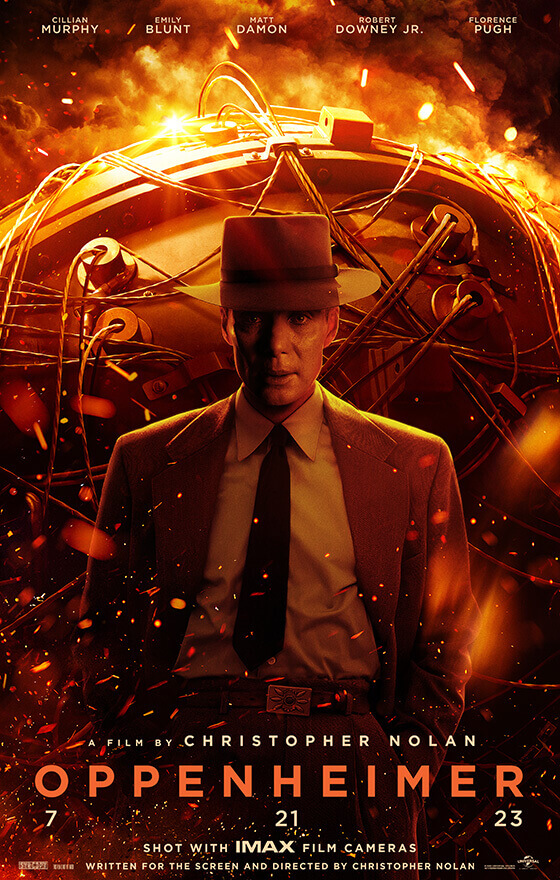
Adapted from Kai Bird and Martin J. Sherwin's award-winning 2005 biography, "American Prometheus: The Triumph and Tragedy of J. Robert Oppenheimer," this $100 million movie stars Cillian Murphy in the title role as the Manhattan Project's enigmatic director, Emily Blunt as his boozy wife, Katherine "Kitty" Oppenheimer, Matt Damon as the gruff Gen. Leslie Groves, and Robert Downey, Jr. as duplicitous politician Lewis Strauss.
The impressively grand scale "Oppenheimer" exhibits is truly breathtaking (and deafening as well), especially since it was shot by Dutch-Swedish cinematographer Hoyte van Hoytema ("Interstellar," "Dunkirk," "Tenet') using massive IMAX cameras equipped with special 65-millimeter film stock. Visual effects recreating atomic explosions were conducted in-camera without the use of digital trickery.
Cillian Murphy has been nailing every performance he's ever filmed, from his turn in director Danny Boyle's chilling zombie flick "28 Days Later" to his psychopathic villain, Scarecrow, in Nolan's "Batman Begins" to a BAFTA-nominated gig in Netflix's period crime drama "Peaky Blinders." Here on the biggest of screens, Murphy is transformed in his finest role to date, bringing to life all the complexities and contradictions of the tortured rock-star scientist, J. Robert Oppenheimer.
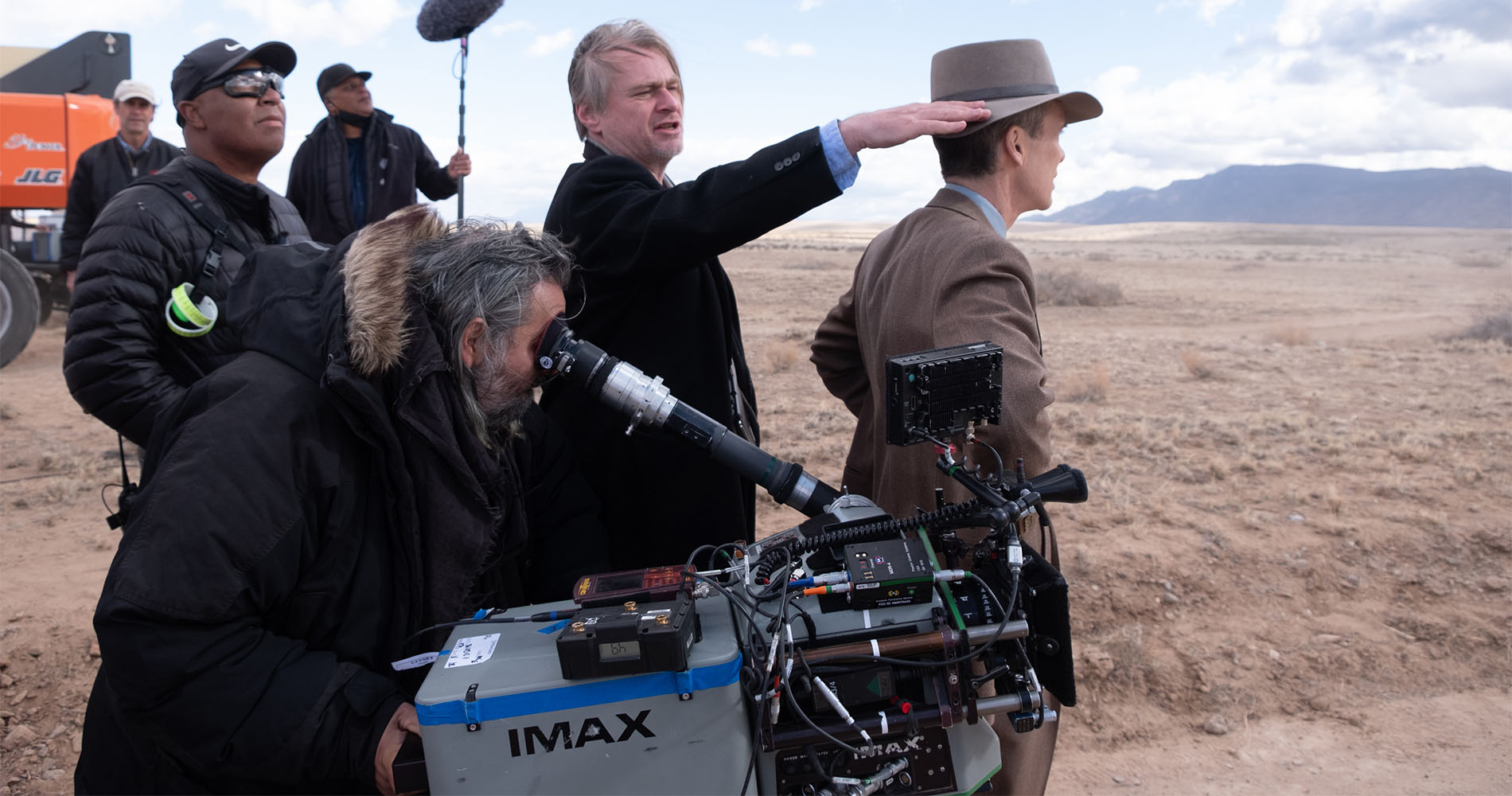
The performances are all outstanding — not only by Murphy, Downey Jr., Blunt and Damon but also by the movie’s stellar array of esteemed actors in memorable ensemble roles, including James Remar, Matthew Modine, David Dastmalchian, Josh Hartnett, Florence Pugh, Jason Clarke and Kenneth Branagh. Particularly absorbing are Tom Conti as an elderly Albert Einstein and an especially riveting cameo by another Nolan alum, Gary Oldman, as President Harry S Truman.
One glaring omission seems to be Nolan's decision to not reveal ground zero historical images in the aftermath of the Hiroshima and Nagasaki explosions, or Oppenheimer's own reactions to those photos. However, it's obviously a conscious decision to respect the Japanese victims of those terrifying moments of horror, to not glorify or sensationalize war itself, and avoid any derivative or cliched Hollywood tropes.
Aside from the riveting bomb-building sequences unfolding in little Los Alamos, New Mexico, the film keeps its focus tightly wrapped around suspicious closed-door government hearings and the anti-communist hysteria that led to Oppenheimer's security clearance being revoked years after two atomic bombs were dropped on Japan and the U.S. was entering a nuclear arms race with the Soviet Union. Equally, it would have been interesting to tour the Trinity Test Site itself to survey the melted blast crater and surrounding destruction as a harbinger of things to come.
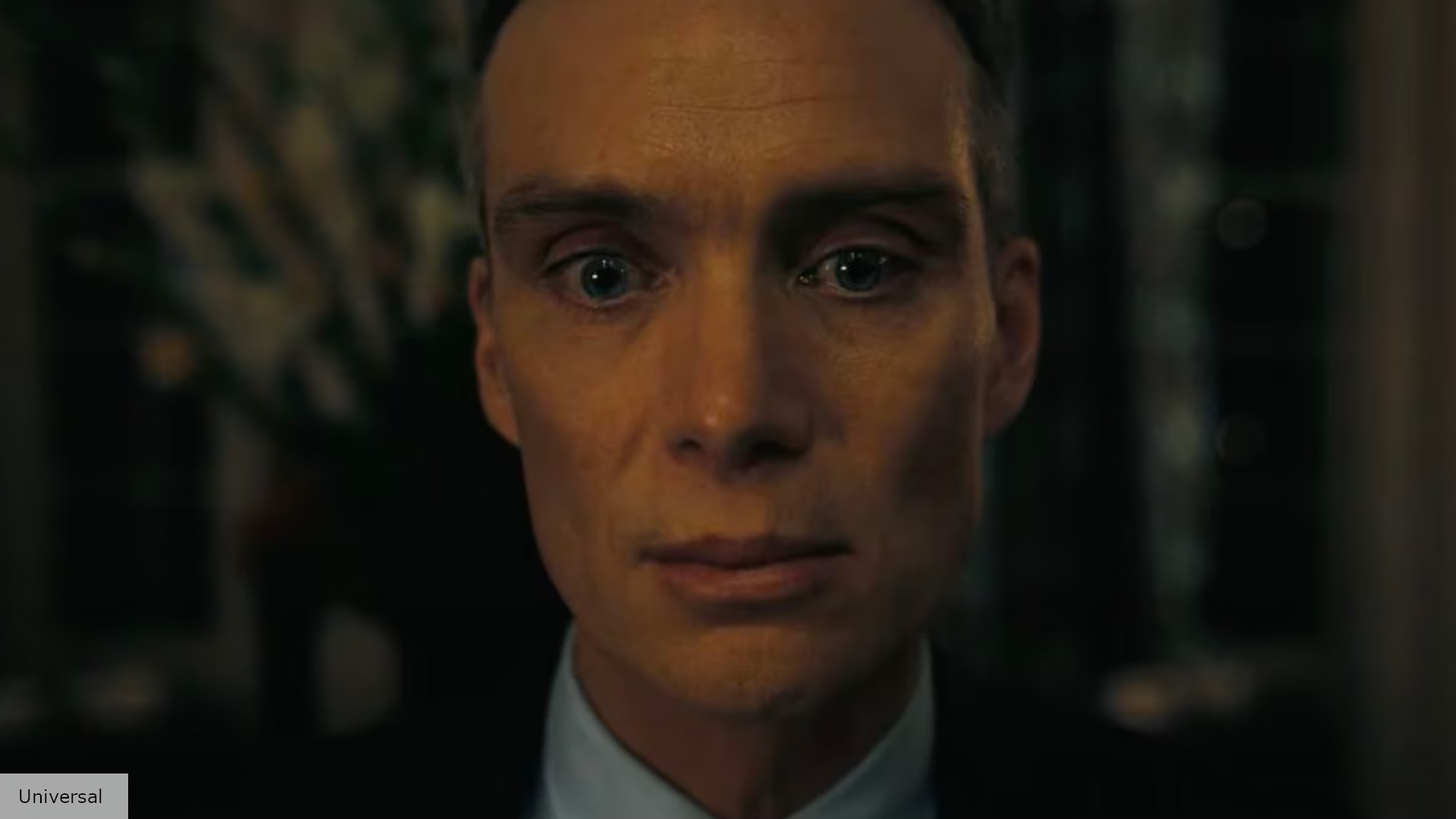
Music is always a major component of any Christopher Nolan spectacle, and on "Oppenheimer" he has again chosen to work with Academy Award-winning composer Ludwig Göransson ("Black Panther"). Göransson delivers a stupendous epic score for "Oppenheimer," one that elevates this film in myriad ways with its ominous strings, heavenly harps, interludes of classical piano and old-fashioned Hollywood elegance. Göransson previously wrote the soundtrack for Nolan's "Tenet" and is best known by "Star Wars" fans for conjuring up the rousing score for Disney+'s "The Mandalorian."
One word of warning: These modern-day IMAX screenings often have the sound volume cranked up near the "threshold of pain" level, so be kind to your eardrums and have a pair of plugs handy to go with your $20 tub of buttered popcorn.
Van Hoytema, one of Nolan's go-to cinematographers, unleashes the full brunt of his natural filmmaker's flair with artful compositions that take advantage of the large-format IMAX cameras and offer sweeping New Mexico vistas, nightmarish visions of atomic reactions, claustrophobic black-and-white witch hunts, anguished close-ups and even a gratuitous sex scene or two.
At times the chronology of the events becomes a bit laborious as Nolan tries to shoehorn three distinct periods in Oppenheimer's life into one movie, and the narrative starts to feel slightly over-cooked. Although the extended final act devolves into a standard “Kangaroo Court" affair that becomes repetitive to a degree, no one can deny the ferocious force of pure cinematic alchemy and Nolan's earnest focus in crafting this astounding project, even if it loiters a bit in political rhetoric.
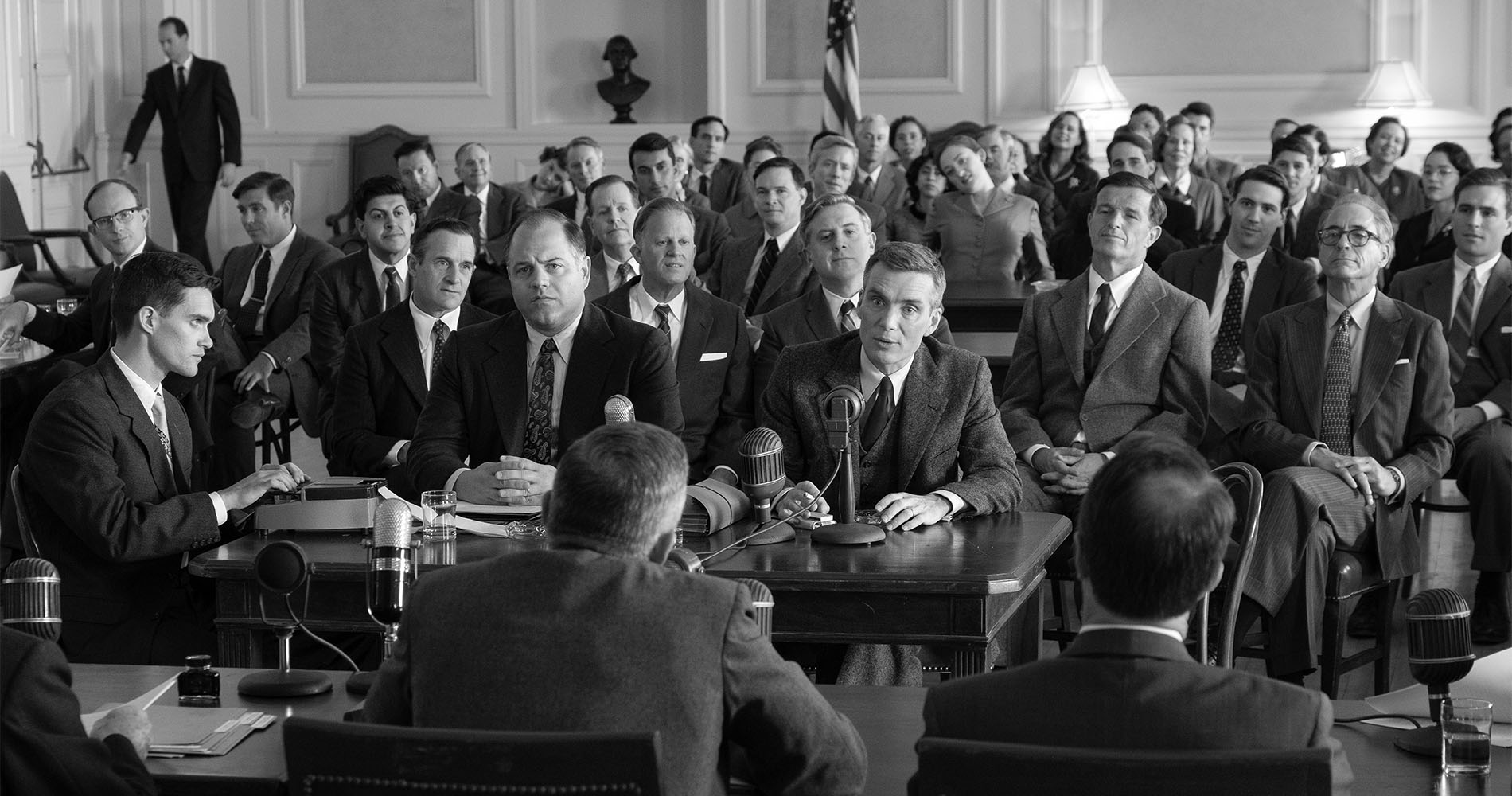
Its most devastating moment comes midway through the film, as "the gadget" is detonated 210 miles (340 kilometers) from Los Alamos. The blast nearly blinds the audience and almost literally blows viewers to the back of the theater as a mushroom cloud engulfs the screen, signaling a pivotal event in global history that will be discussed and debated for centuries.
Is Universal Pictures' "Oppenheimer" perfect? Not at all. But, like the brilliant man lodged at the nucleus of Nolan's story, it's significant and disturbingly profound.
"Oppenheimer" is currently playing in theaters nationwide.







